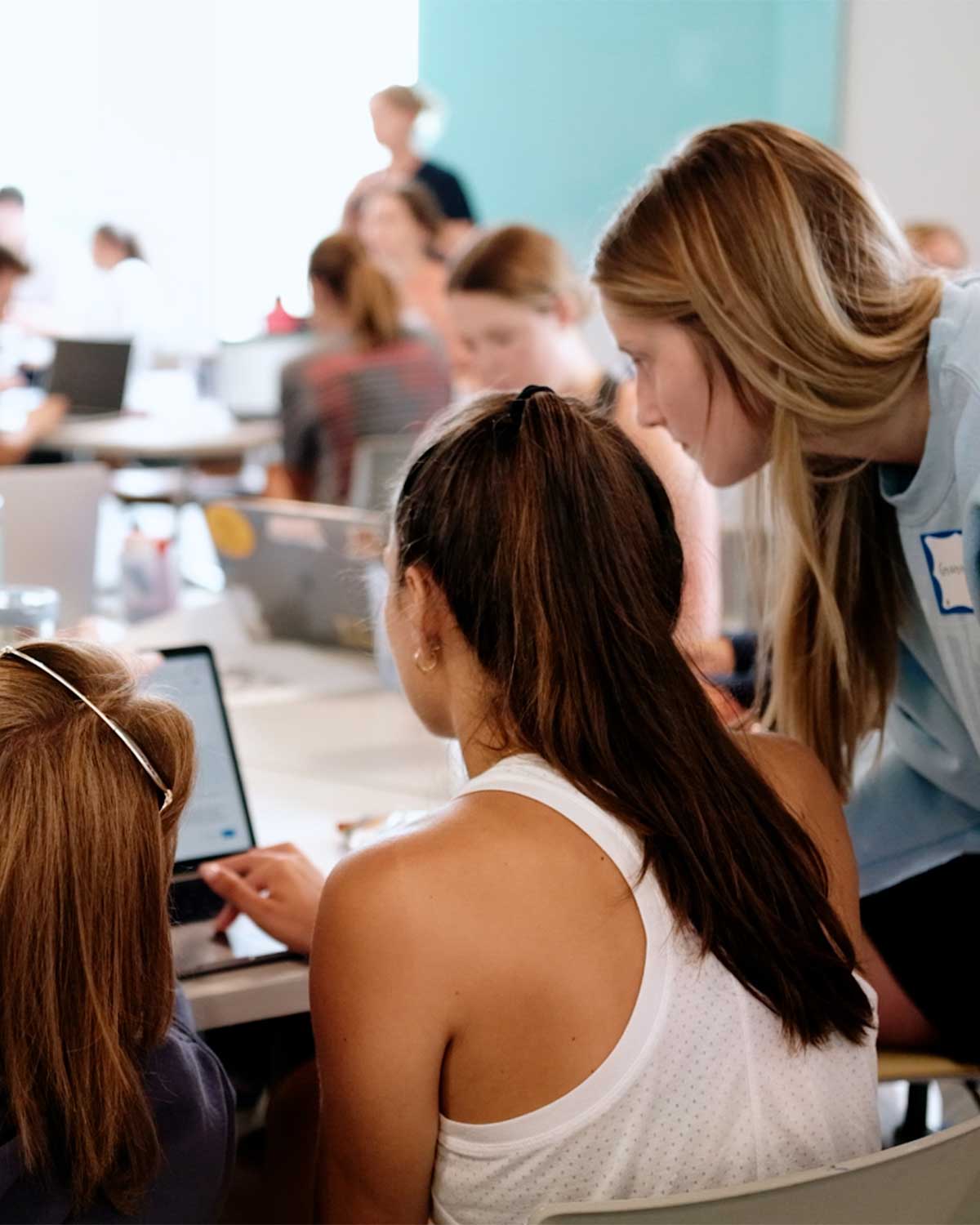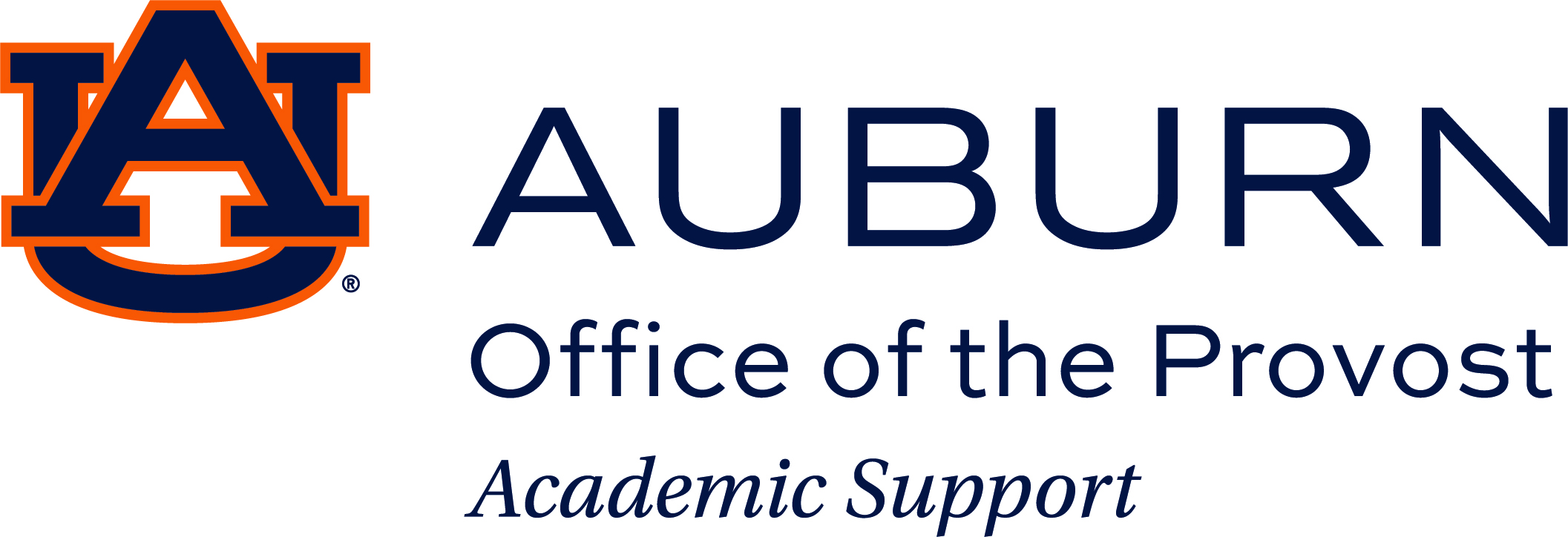Supplemental Instruction (SI) is a non-remedial approach to helping students gain content mastery, make peer connections, and develop skills for academic success. During SI sessions, students engage in active learning to improve retention, discuss complex topics, and prepare for tests. Students who regularly attend SI sessions regularly report increased study habits, connections with other Auburn students, and grades.

Launched in 1996 at AU, Supplemental Instruction (SI) has a long tradition of contributing to students’ success. The SI program at AU is informed by the SI international program model. SI Leaders facilitate free and optional, reoccurring weekly, active-review sessions for targeted classes at AU with high percentage of student withdrawals and earned grades of D or F.
All students are encouraged to attend SI sessions, which are available for all students enrolled in the SI-supported class. This invitation to all students is regardless of students’ background knowledge in the subject or current performance in the class. SI session times and formats for the semester are informed by students’ availability, which is surveyed the first week of each semester.
Keep in mind that SI sessions are not class, and the SI Leader is not a teacher. Instead, SI sessions are an optional, relaxed, peer-to-peer environment and SI Leaders are undergraduate students who excelled in that course in a previous semester. SI Leaders are hired every semester to attend all class lectures, take notes, and plan SI sessions.
SI sessions may take place in person or via Zoom. Students can review Canvas and their AU email for information from the SI Leader assigned to the class to learn more about session times, relevant links, and what to expect.
Spring 2026 SI Sessions and Info
SI sessions will begin Monday, January 26 and end Thursday, April 23. SI sessions are not hosted in summer terms.
If your class is SI-supported, your SI Leader will occasionally send messages to you via Canvas to alert you to the opportunity for SI. Those messages include an introduction of the SI Leader, the session availability survey, SI session times/location details, instructions on how to access the session, and a link to the Box folder for that specific SI-supported class. Each SI Box folder is where SI Leaders post updates and information about sessions most regularly. You can access this resource at any time during the semester.
Spring 2026 SI sessions will begin Monday, January 26 and end Thursday, April 23. SI session times are decided based on the responses to an availability survey administered the first week of classes and the finalized schedule will be published two weeks into the semester. The QR code provides secure access to the AU Involve SI Session Page that includes the most up-to-date session details.
The SI program at Auburn University is accredited by the International Center for Supplemental Instruction. Achieving accreditation means that Auburn University’s SI program is at the highest standard for training, planning, observation, and ongoing professional development. As an accredited program, the SI program has affirmed our standard of excellence in program coordination and outcomes.
Check out the grade outcomes and student feedback from recent semesters.

The SI Model
The SI international program model has proven to be successful at varying institutions for more than four decades and is currently employed at over 3,000 institutions around the world. Some essential elements of SI:
The primary function of the SI Leader is to facilitate critical thinking and discussion among SI participants through the use of active learning strategies. The SI Leader neither re-lectures nor introduces new material. Processing course material and answering questions remains the responsibility of the students themselves.
“How to learn” is embedded into SI sessions along with “what to learn.” Through practice and mastery of effective learning strategies, students can adopt and transfer these strategies to other subjects and content areas.
Auburn SI sessions occur weekly at a recurring day and time. At the beginning of each semester, an availability survey is disseminated to students enrolled in SI supported courses. The results of those surveys inform the regularly scheduled meeting times for SI sessions. Students should attend SI sessions on a voluntary basis.
SI is not a remedial approach. It provides a change in the learning environment for students enrolled in a class identified as historically difficult. SI sessions work best with diverse groups of students, and participating students have been shown to receive higher measures of academic achievement in comparison to their non-participating peers.
SI Program Reports
A summary of the fall 2025 averaged earned grades per subject based on visits to SI sessions.

A summary of the fall 2025 end-of-semester student feedback on the SI program.





